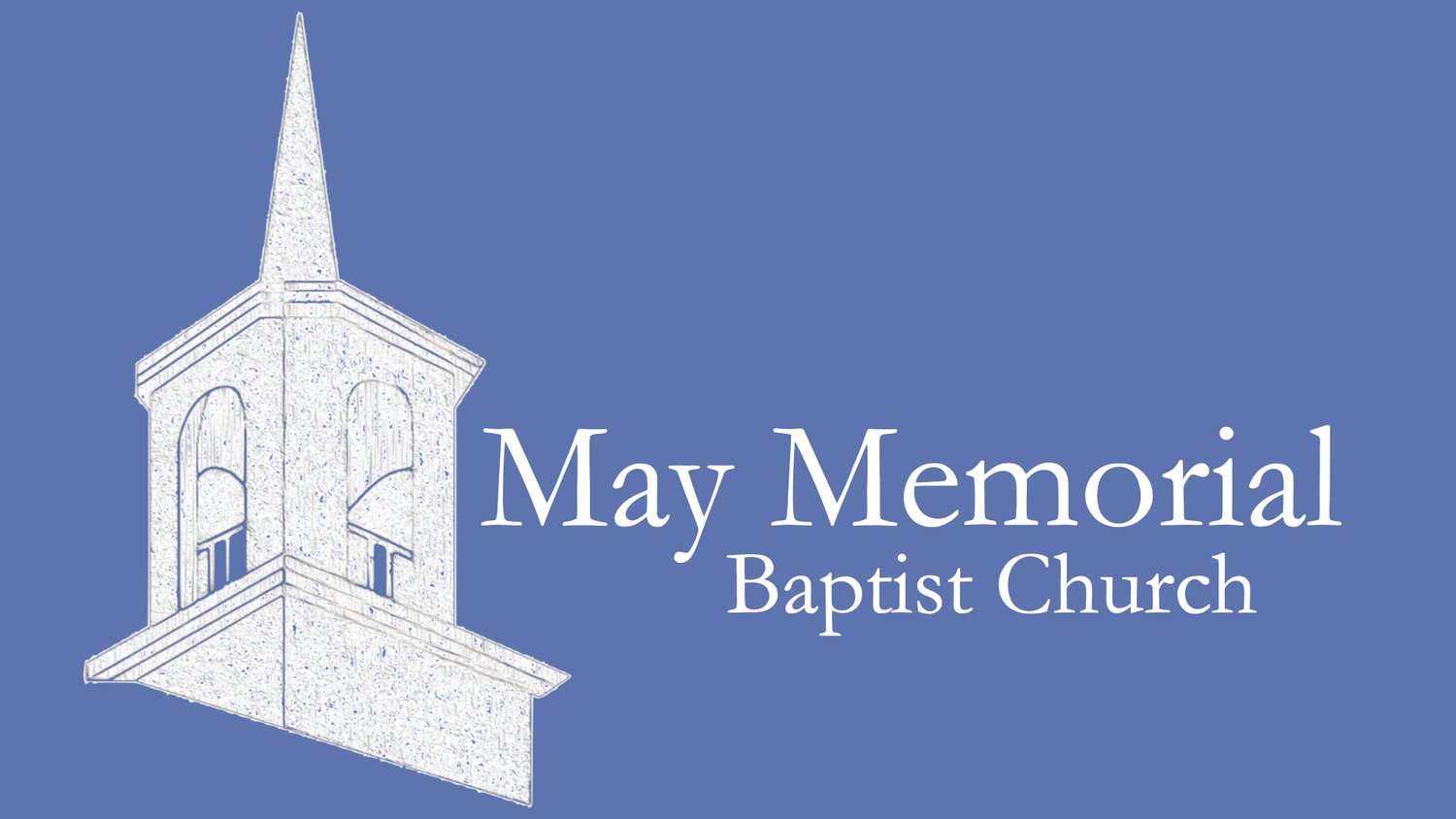I think I was a first grader the first time I went to camp. A Sunday School teacher took a group for an overnight trip to Camp Waccamaw, which was on Lake Waccamaw in southeastern NC. When I was a little older, I also went to camp with my church to a camp in the mountains of NC. Each summer I would spend at least a week at the Wilds, close to Brevard, NC, and the week would be filled with hiking and recreation and Bible studies and worship. I loved every minute of camp, and it was at camp that God worked in my life in a significant way.
Several years ago I surveyed several hundred Baptist pastors in NC and VA and I asked about their call to ministry and ordination. Of all the pastors who told me about their call to ministry, many of those mentioned how important a camp experience was in God calling them to vocational ministry as well as to take a step forward in their faith walk.
Next week May Memorial will have a group of children and a group of youth attending Passport Camps. Beverley and I are taking the children to Passport at Eagle Eyrie, and Constance, Brooks Ann, and Parker Meade are taking the youth to Averett University for Passport Missions. It takes a lot of work and money to go to camp. Carla began planning for children’s camp months ago, and Constance started planning for youth camp in the Fall of 2016. Many people at May Memorial have made donations so our young people can go to camp, and we have a significant monetary investment in the week. Considering all of the work, and all of the money, I want to be clear: it is worth all of it.
Sending kids to camp is one of the most important things we do, and I am thankful that May Memorial sees to it that our children have this opportunity.
I am also delighted that Ashley Edwards, our new Minister of Youth and Children, will be spending time with both the youth and with the children during their weeks at camp. She will be going with Beverley and me to Eagle Eyrie and after a couple of days there will be traveling to Averett from there to spend time with the youth. This is a great way for Ashley to start building relationships with our youth and children, and there is no better time to join with the youth and children of MMBC than at camp.
Be in prayer for the adults and campers who will be away next week. Pray for their safety, but also pray that hearts will be open for hearing God’s voice.

